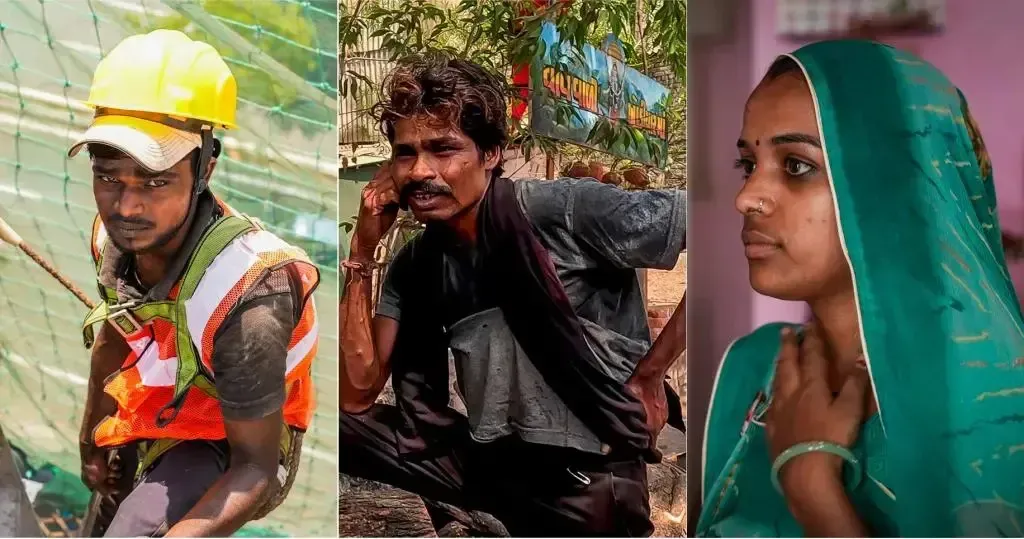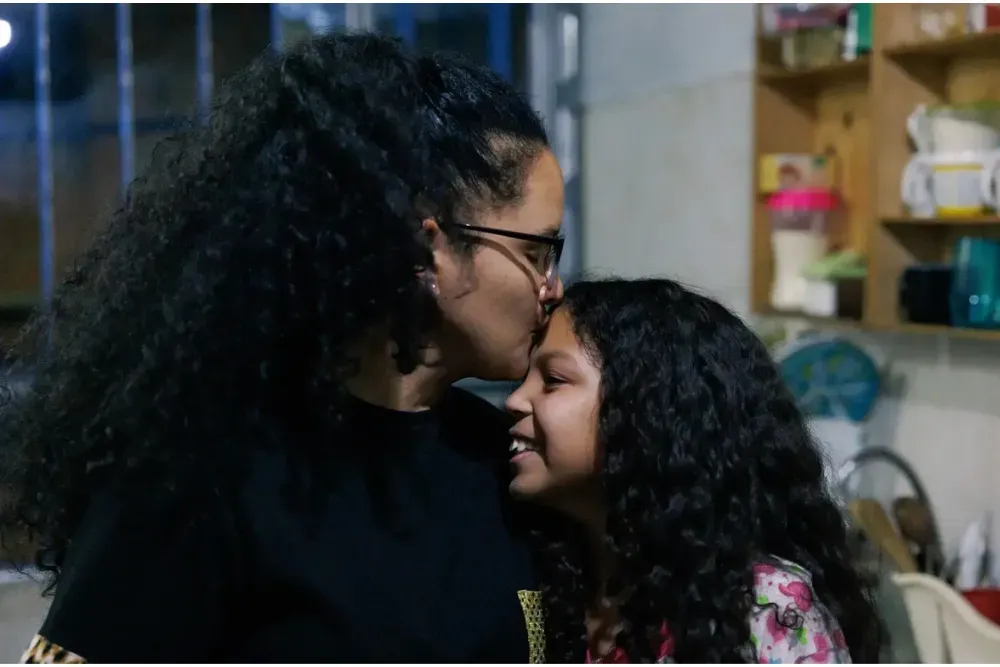Pulitzer Center Update July 11, 2025
Putting Earth to the Test

Cities, the Ocean, and People Are All Overheating
Extreme heat continues to pose persistent challenges and consequences for cities around the world as global temperatures rise. In the face of a warming climate, we are in for a few defining decades that could determine how resilient—or vulnerable—cities will be in the future. In reporting from Washington, D.C., Rio de Janeiro, and India, Pulitzer Center grantees investigate how companies and cities fall short of their promises to mitigate the warming climate.
Grantees Shagun Kapil and Joel Michael’s documentary examines the detrimental effects of heat on the mind and body of brick kiln workers in India. The workers have little to no shade to protect themselves from the debilitating sun, and local hospitals have seen a near-double uptick in workers experiencing heatstroke and other symptoms. The documentary also explores the refusal of many companies to improve working conditions on sites where heatstroke is rampant.
For the New York Times, Ocean Reporting Network Fellow Delger Erdenesanaa writes about the increase in marine heat waves. As the world's ocean basins warm, what had once been a one-off event is now occurring with an alarming frequency. The impacts of heat waves on marine wildlife and fisheries have been dramatic, underscoring the need for increased investment in research and monitoring of sea surface temperatures.
Embroiled in a similar heat wave, Hola Cultura journalists investigate tree loss in Washington, D.C., and its impact on the ability of low-income neighborhoods to cool down. Tree loss exposes these communities to vulnerabilities, like flooding and heat islands. Despite the city's commitment to expand its tree canopy, residents still feel that new development comes at the cost of shade and trees.
In Brazil, grantee Felipe Migliani writes about the recent flooding challenges Rio de Janeiro faces, exacerbated by the heightened intensity of extreme heat and the increasing frequency of rainstorms that damage rivers. Migliani writes about the potentially life-threatening impact of these storms on the infrastructure of many Rio homes that are ill-equipped to manage the severity of these storms. How can and does a city like Rio, built into the hills and surrounded by rivers, plan for this? Read more here.
From a humid Chicago, I hope you can stay cool and hydrated this summer.
Best,
.png.webp?itok=grhq4uGb)
Impact
The Society of Publishers in Asia (SOPA) has announced the winners of its 2025 awards. Among the 106 winners are four projects supported by the Pulitzer Center.
- Judges took note of Malaysiakini’s use of interactive storytelling in its reporting on iron ore mining in Kelantan state, in rural Malaysia. The reporting team led by grantees S Vinothaa and Aidila Razak was recognized with the Award for Excellence in Human Rights Reporting (Regional/Local category).
- For their story on the scourge of organized cyber scam and human trafficking crimes in Myanmar, published in Frontier Myanmar, Rainforest Investigations Network (RIN) Fellow Emily Fishbein and her team won the award for Excellence in Technology Reporting (Regional/Local).
- The Rainforest Investigations Network project Fruits of Spoil, exploring the consequences of a fruit farming boom in Laos, received an honorable mention for Excellence in Reporting on the Environment (Regional/Local).
- Taking away two SOPA awards was the team behind Breaking the Nets, led by grantees Shamsheer Yousaf, Monica Jha, and Sriram Vittalamurthy for The Wire. The team won both the award for Excellence in Reporting on Women’s Issues (Regional/Local) and the award for Excellence in Journalistic Innovation.
Read more about the award-winning projects here.
Photo of the Week

"Visiting Colombia and its border with Venezuela added dimension to the migrant experience. While I’ve covered the progression of migrants in Mexico and Chicago, I didn’t fully understand why so many choose to continue their journeys. The living conditions in Colombia were nearly the same if not worse to those in Venezuela due to the bureaucratic hoops they have to navigate. It helped me, and hopefully our readers in turn, to understand that migrants are not just moving, they are seeking a better, more stable future for themselves and their families."
—Anthony Vazquez
This message first appeared in the July 11, 2025, edition of the Pulitzer Center's weekly newsletter. Subscribe today.
Click here to read the full newsletter.









